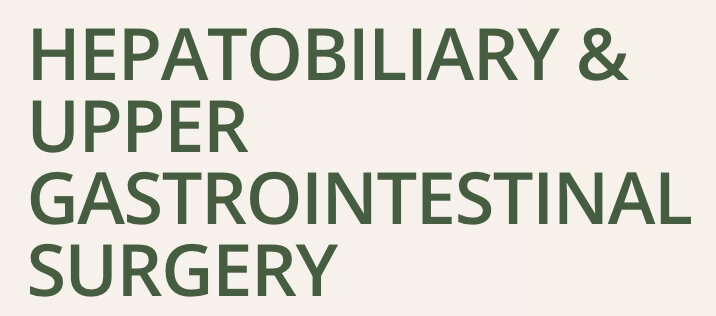Do Synbiotics Reduce Infections in Foregut Surgery?
Reducing infectious complications after surgery can improve recovery and outcomes. The prescription of synbiotics a few weeks before surgery has been associated with a reduced risk of infectious complications for patients who have undergone general surgery.
Synbiotics are a combination of probiotics, types of 'good' bacteria, and prebiotics, non-digestible fibres the good bacteria use as food. Having synbiotics increases the number of good bacteria in the gut, leading to several health benefits, including improvements in that persons' immune system, ability to absorb nutrients, gastrointestinal health and function.
Aim:
- To determine the effect of taking synbiotics prior to surgery on infectious complications after foregut surgery.
- To determine if consumption of synbiotics prior to surgery will affect the time to the patients length of stay in intensive care, length of hospital stay, time to first bowel movement, duration of antibiotic therapy and 30-day mortality after surgery.
- To see whether changes in infections after surgery are associated with changes in the faecal microbiota.

Status: Undergoing ethics approval
Site: St Vincent’s Public Hospital
ANZCTR Registration: ACTRN12621000295842p
Ethics: HREC/67499/SVHM-2021-262705
Principal Investigator: Mr Michael Hii/Dr Amanda Nikolic
Eligibility
Inclusion
Adults ≥18 years of age
Undergoing elective major foregut surgery
Exclusion
Known allergy to probiotics or prebiotics
Pregnancy
Patients who have taken a prebiotic or synbiotic in the last month
Short gut syndrome
Presence or development of pancreatitis
Outcome Measures
Post surgery infectious complications
Microbiota faecal analysis
Serum analysis for inflammatory cytokines and gut permeability
